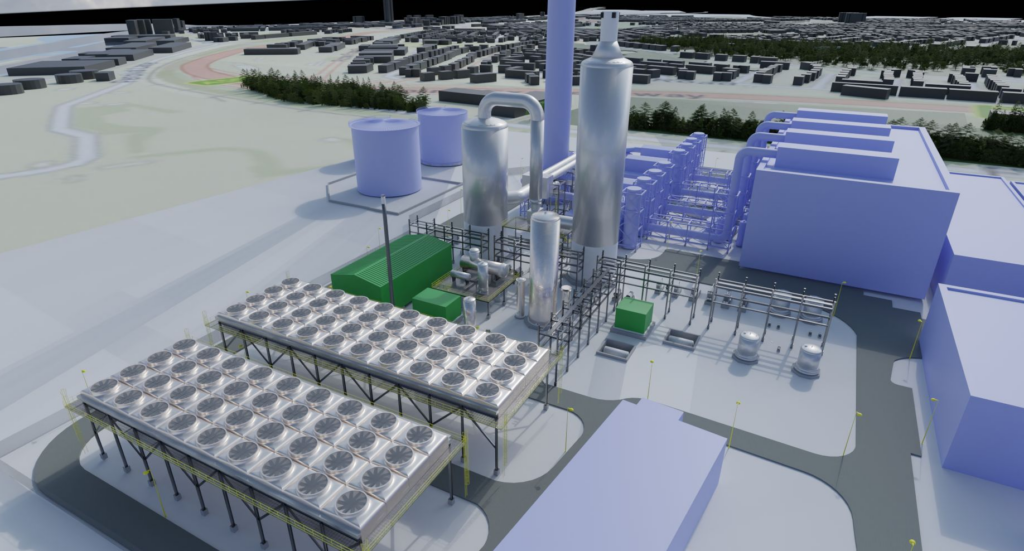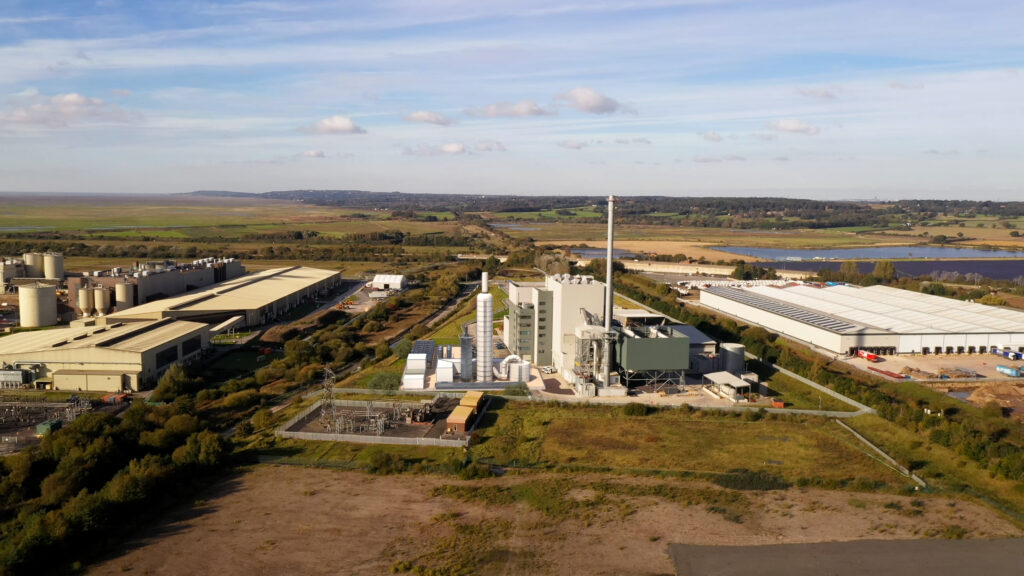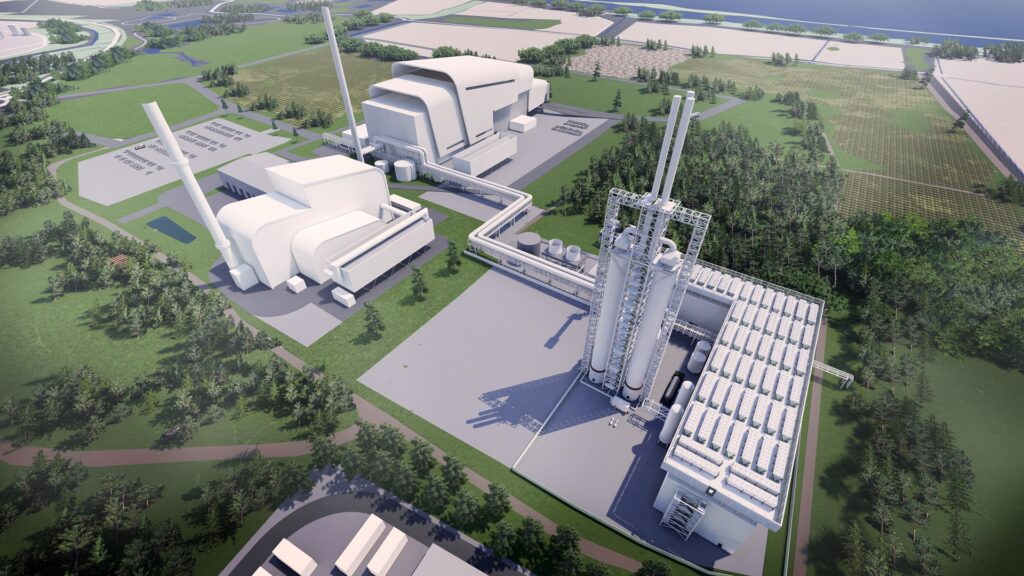That is the message from the Renewable Energy Association (REA), which used its response to a consultation on the rules for running the scheme to warn that the situation would create unacceptable levels of risk for potential developers of new EfW facilities.
The consultation, which closed on Friday (August 5), was run by Ofgem, the regulatory body which has been given responsibility for running the Renewable Heat Incentive (RHI) when, if all goes to plan, it opens to applications on September 30 2011. Plans for the scheme were unveiled in March 2011 (see letsrecycle.com story).
The incentive involves a guaranteed payment being paid over a 20-year period for every kilowatt hour of renewable heat generated, and is expected to benefit a range of waste-to-energy technologies, such as anaerobic digestion, waste wood biomass and EfW incineration.
However, in its consultation response, the REA raises specific concerns over how both the guidelines proposed by Ofgem for running the scheme and the regulations for its operations will impact on EfW operators hoping to benefit from the subsidy.
As it stands, in the majority of cases, the RHI can only be claimed against solid biomass in waste for municipal waste streams, raising the potential for EfW plants which accept a small amount of illegible waste to be excluded from RHI support.
In particular, the REA claimed it had concerns over:
– The guidance not being entirely clear about what wastes will clarify as municipal;
– A lack of clarity over what action will be taken if an EfW plant operator does generate heat from ineligible waste, especially if they believed the waste was eligible;
– The apparent banning of RHI-accredited plants burning non-waste biomass. The REA said this was a serious drawback, as many plants would expect to do this from time to time.
Significant problem
It said that: Taken together, these form a significant problem for potential participants as most waste plants would expect to take a variety of sources municipal and otherwise as well as non-waste biomass when available.
The REA said that, from 2012, it hoped that all wastes would be eligible for the RHI, but suggested the better solution would be to allow plants to burn a wide range of wastes but only receive the RHI for the biomass content of the municipal waste.
Otherwise, the REA warned that, given the ambiguity over what constitutes municipal waste, the current situation creates unacceptable levels of risk for potential project developers.
ESA
The trade bodys concerns over eligibility issues for waste facilities were echoed by the Environmental Services Association, which used its response to the Ofgem consultation to warn that the implementation plans risked undermining the good intentions of the RHI scheme.
The ESA called for the scheme to support renewable heat from all wastes, and not just municipal wastes. And, it said that, in the interim, clarity was needed over which commercial and industrial wastes and solid recovered fuels would be deemed as similar and therefore count as eligible under the RHI.
It is also seeking the removal of a threshold which means waste must have a biogenic energy content of 50% at least to be eligible for the RHI, claiming this was not consistent with the environmental and policy aims of the scheme.
And, it said a reasonable assumption for the biogenic content of municipal waste – which could also be presumed to hold for similar waste streams should be introduced without requiring plant operators to prove it on a case-by-case basis.
Not thought through
Matthew Farrow, ESA director of policy, highlighted the potential for the RHI to help the waste industry deliver facilities producing renewable heat, but said: The details in the regulations and implementation guidance are simply not thought through.
The result is confusion over whether extracting renewable heat from commercial and industrial wastes is seen as desirable, and a set of overly rigid definition of plant eligibility that take no account of the fact that most EfW facilities take in a mix of waste streams.
Weve ended up with a set of rules that manages to be both unnecessarily complex and ambiguous at the same time, he added.
Ofgem has said it now plans to publish its response to the consultation as soon as possible. The RHI itself is set to be made available first to non-domestic installations, and then to domestic installations from October 2012.










Subscribe for free